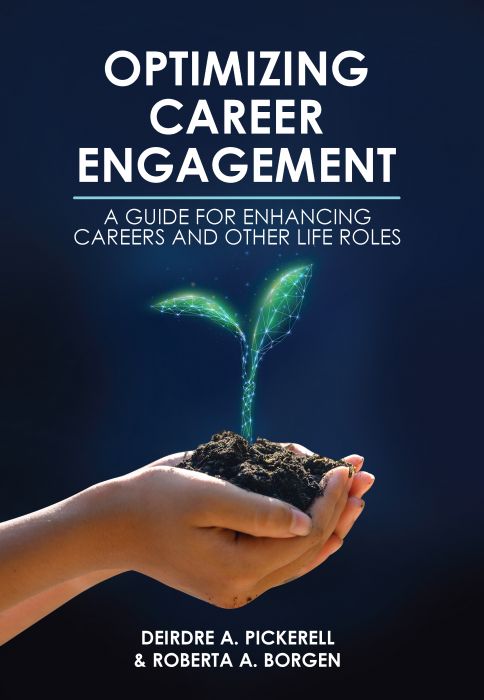Become a Career Coach
The goal is for you to feel calm and relaxed, free of all the clutter and distractions that can interfere with your ability to think clearly. It is much easier to focus on the present moment and listen carefully to what your coach has to say when you are relaxed. Take a few deep breaths and focus on the present moment if you notice yourself becoming stressed.
Making sure that professional development is pertinent to your goals can help it work for you. Consider enrolling in a leadership or management course if you're wanting to improve as a manager, for instance.
Anyone who wants to enhance their profession or become a better manager needs to have strong public speaking abilities. Speaking engagements can be made to stand out by using good communication skills and planning and delivering an interesting presentation.

